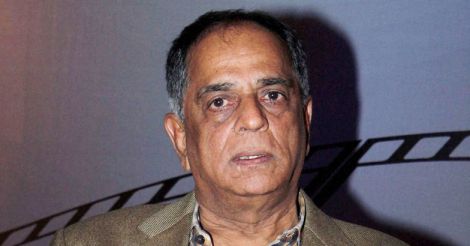The Central Board of Film Certification (CBFC) has taken many a controversial decision in the past two years. We erroneously call this body “censor board”. This misnomer betrays signs of the power politics surrounding this institution. The word censor connotes a ban, control, blockage or partial or complete omission. The CBFC, on the other hand, has a mandate to certify movies rather than censor them.
However, the movies that seek the board’s certification are often subjected to arbitrary censoring. They are chopped, muted and banned. Abhikshek Chaubey’s ‘Udta Punjab’ and Sijos ‘Kathakali’ are the latest victims of this recklessness of power.
No such intervention from the part of the board is approved by law. The board does not have any power other than evaluating a movie and classifying it or declaring that it is not fit for public viewing. It does not have the power to delete or mute scenes in such a way that it threatens the very essence of the movie. When the board certifies a movie as ‘A’ or ‘U/A’, it is bound to explain the rationale behind the decision if the producer demands it. This rule is seldom followed.
The threat to ban ‘Udta Punjab’ is not an isolated incident. This is a continuation of the fascist attacks faced by movies, movie makers, artists, musicians, teachers, intellectuals, writers and historians in many parts of India in the past two years. In fact, overzealous people like CBFC chief Pahlaj Nihalani are becoming an embarrassment to the government in their eagerness to please the bosses.
Things are no better in Kerala. The CBFC’s local office denied permission to ‘Chayam Poosiya Veedu’, saying that the movie had shots of the female lead’s nude body.
The movie could not be screened in many film festivals because of this. The directors went to the court, which rubbished the arguments of the board and directed it to give permission to the movie with an ‘A’ certificate.
The board also wanted to silence the word “Pulayan” in Rajeev Ravi’s ‘Kammattipadam’.
This pseudo vigilance is out of place when identity politics is getting active in social and political spaces a will.
Débutante director Sijo is also staring at this crisis. The board insists that he chop off the climax scene altogether. The movie has shots of the protagonist stripping off his Kathakali costume and trudging along the Bharathappuzha. The board has found the backside nudity immoral and obscene.
Movie makers across India is forming a front against this arbitrary censorship. No freethinking movie maker can stand a mute witness to the transformation of the board into an ideological state apparatus. We are definitely headed for days of protests and resistance.
(With agency inputs)

























 Pahlaj Nihalani, the chairman of the Central Board of Film Certification, has been facing flak from various corners for his decisions.
Pahlaj Nihalani, the chairman of the Central Board of Film Certification, has been facing flak from various corners for his decisions.